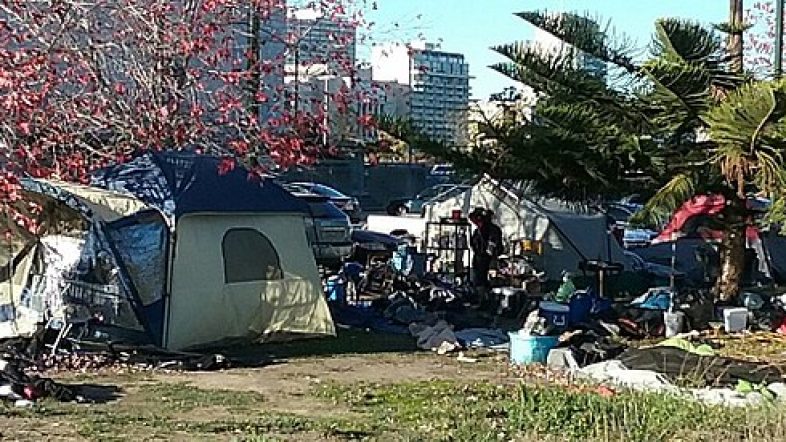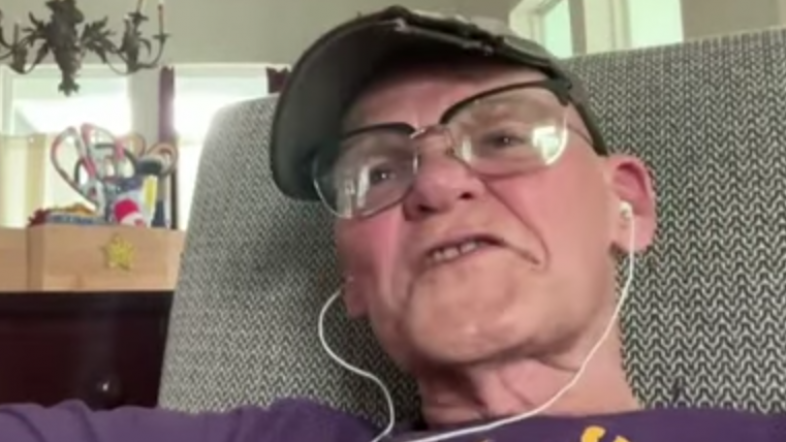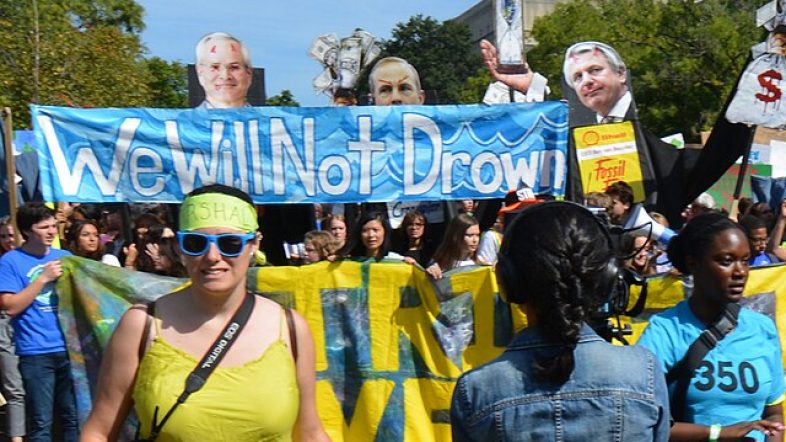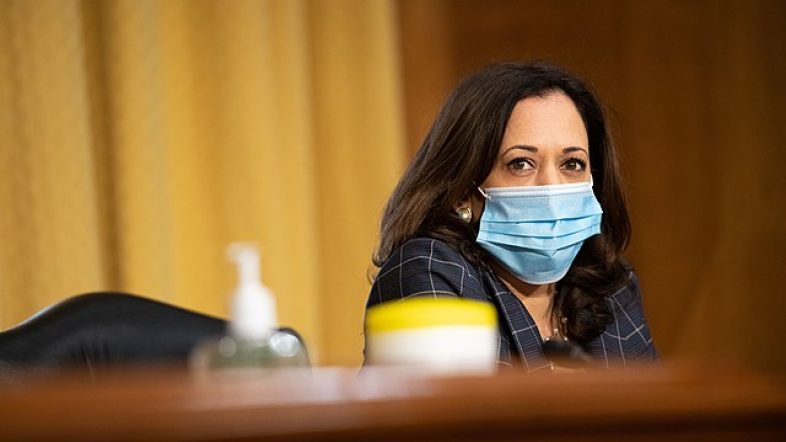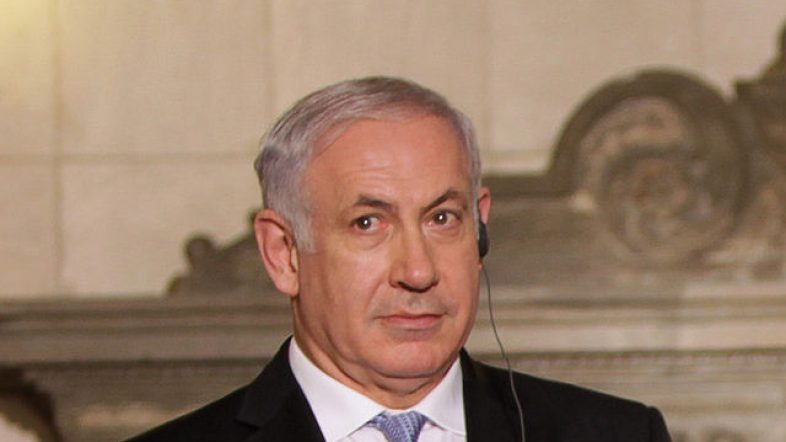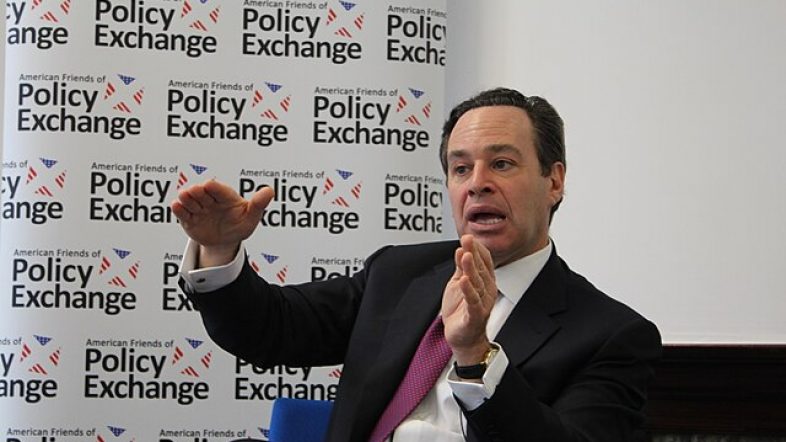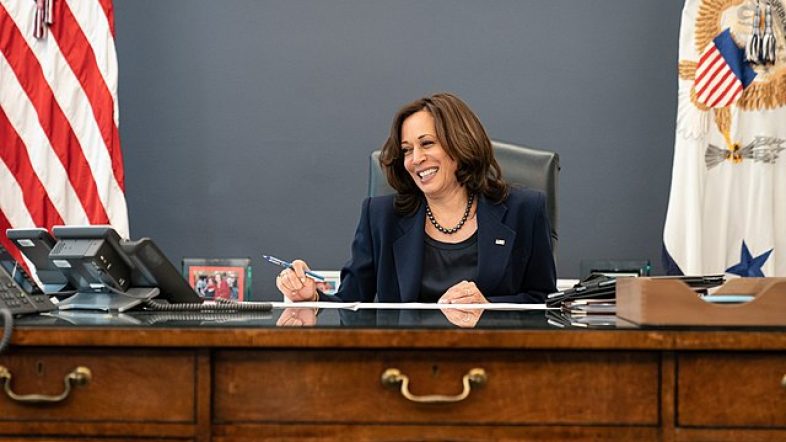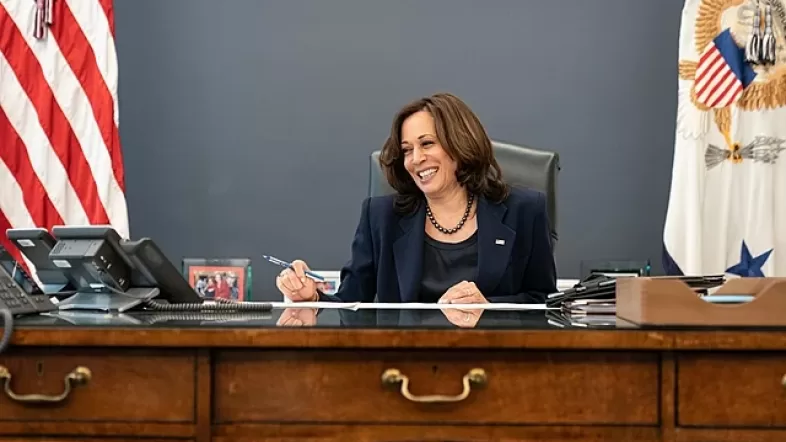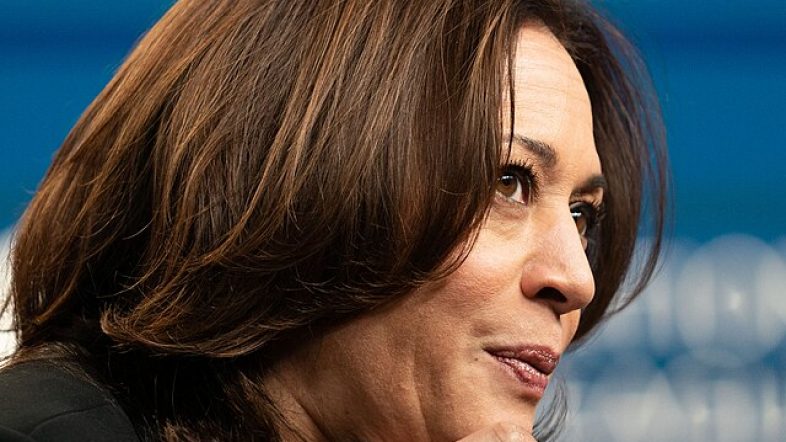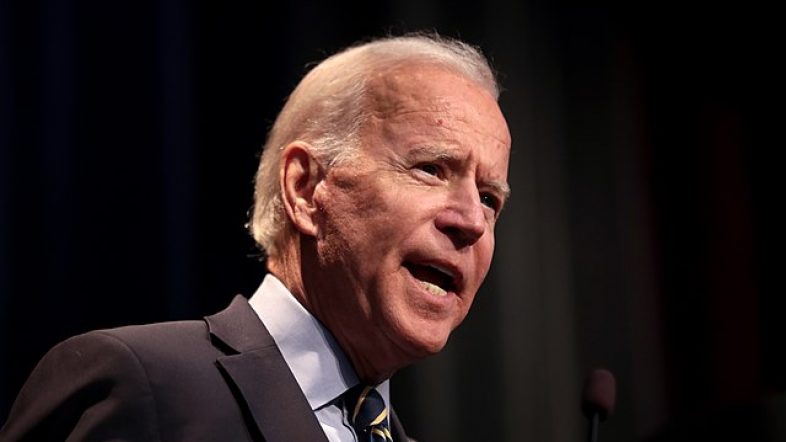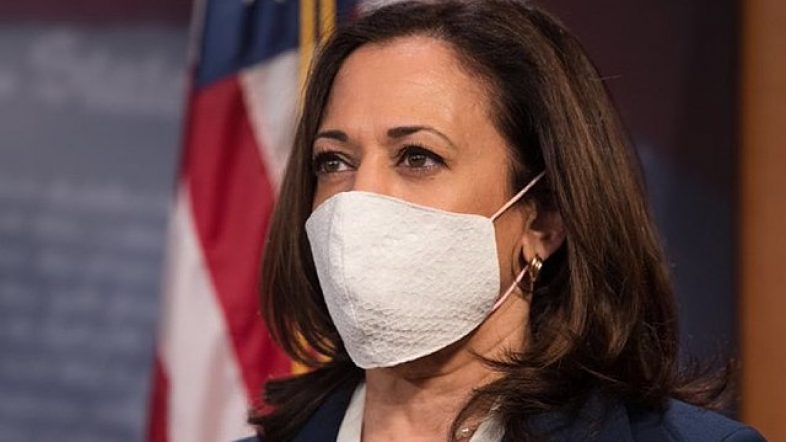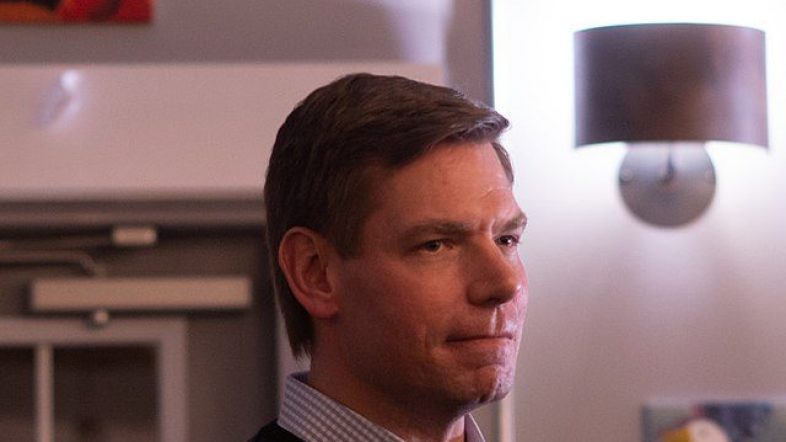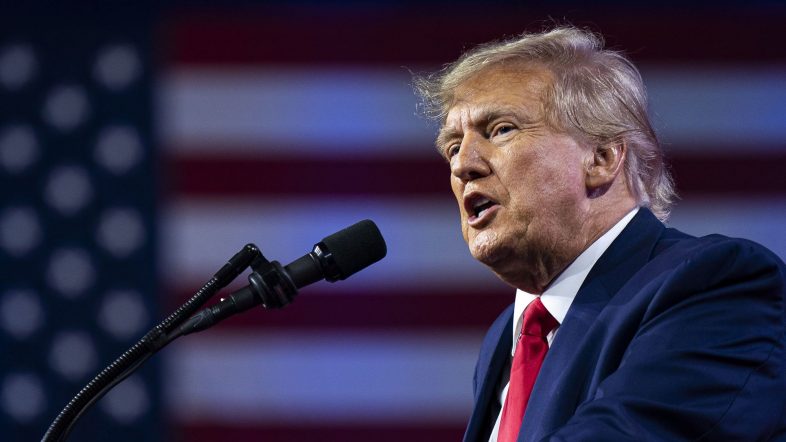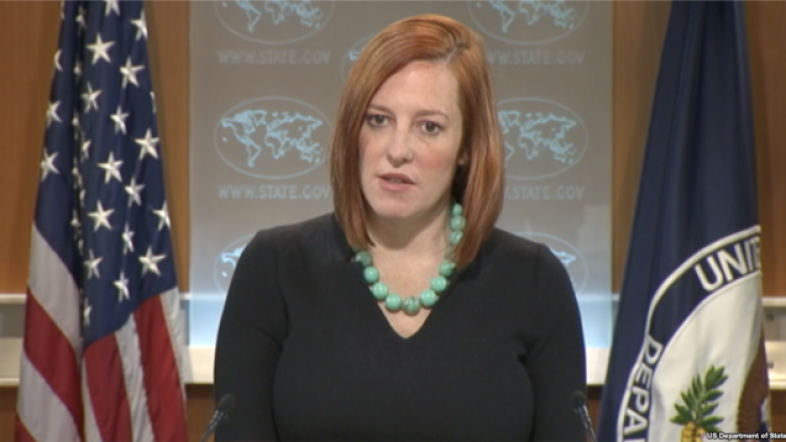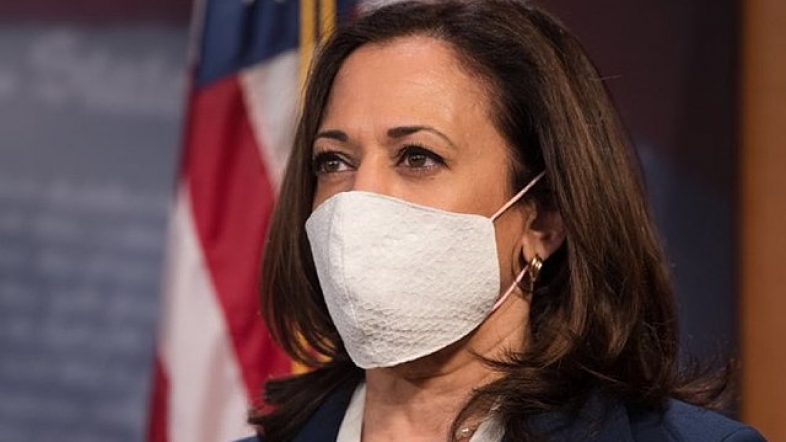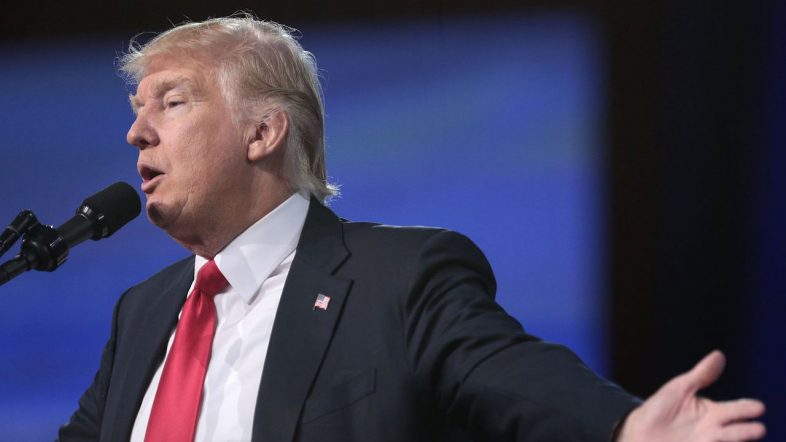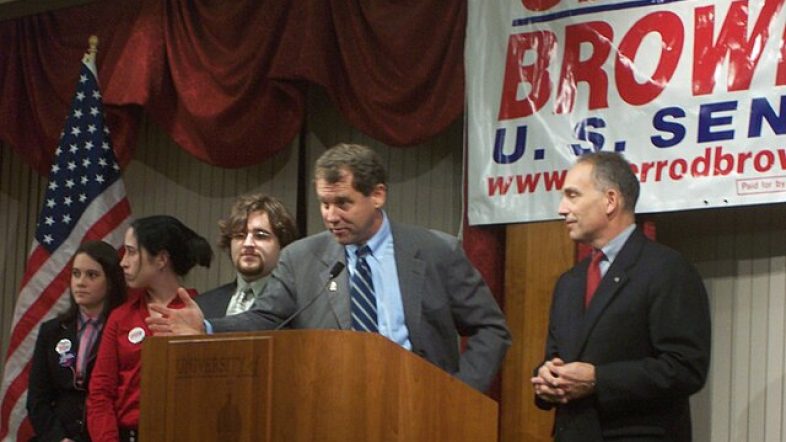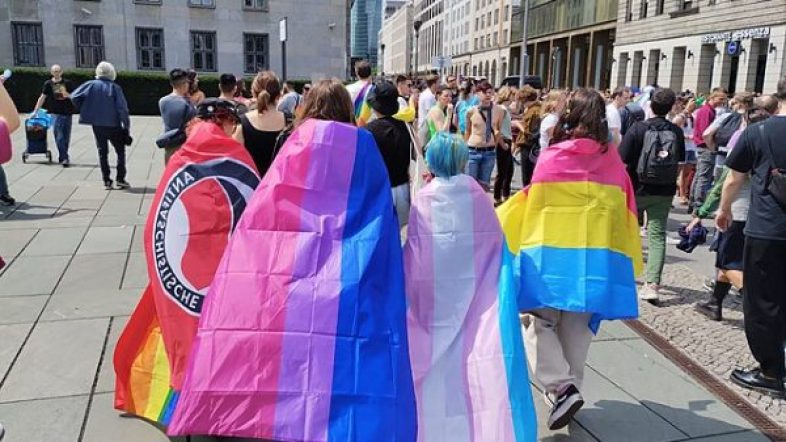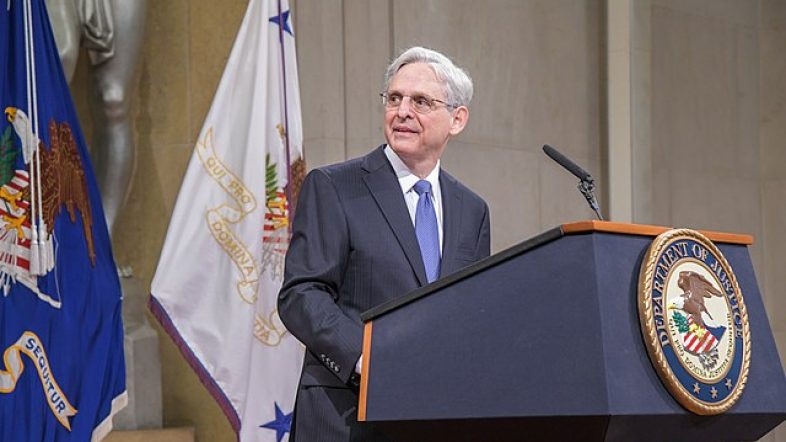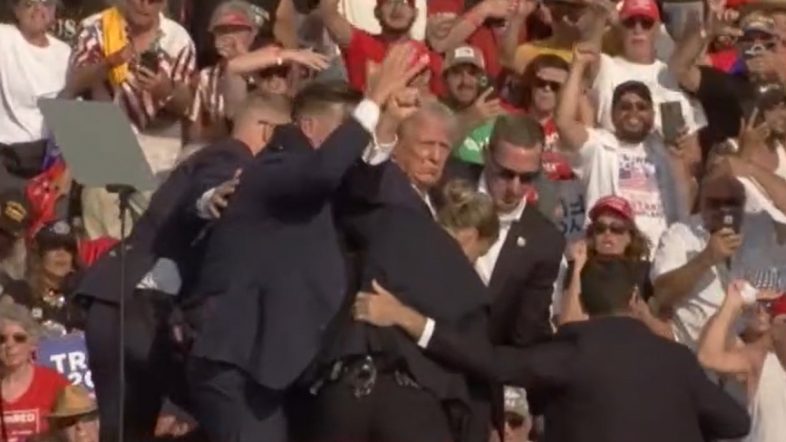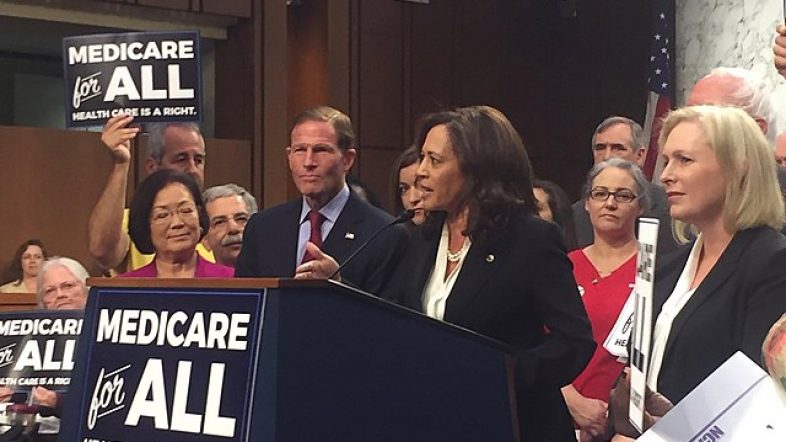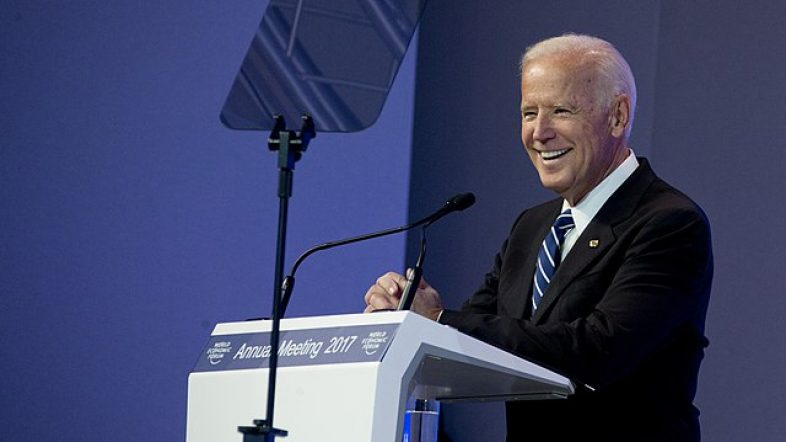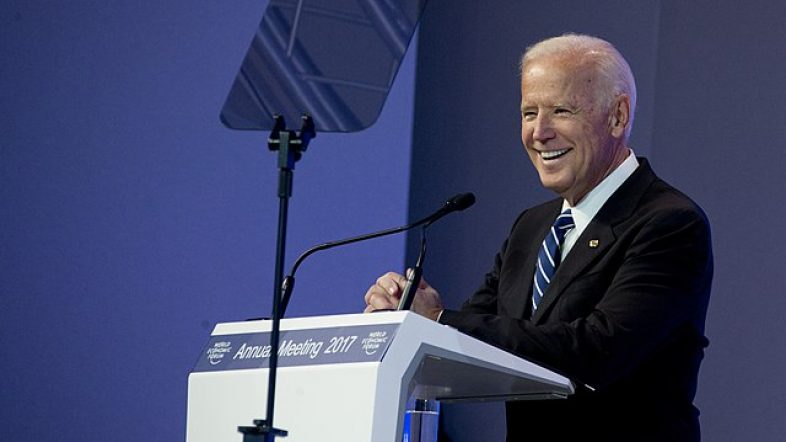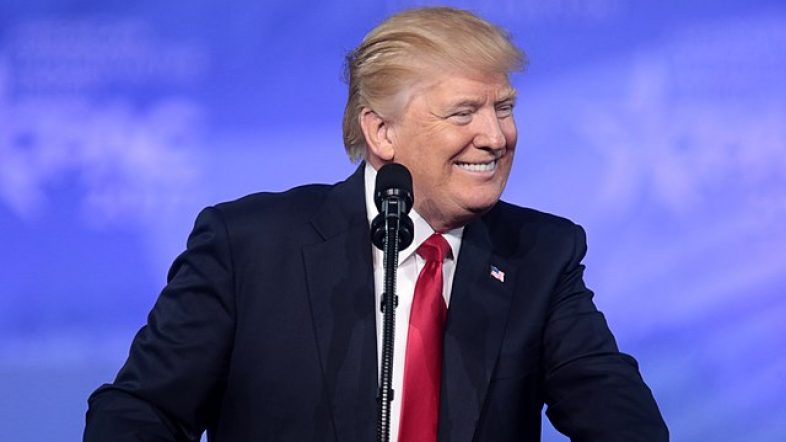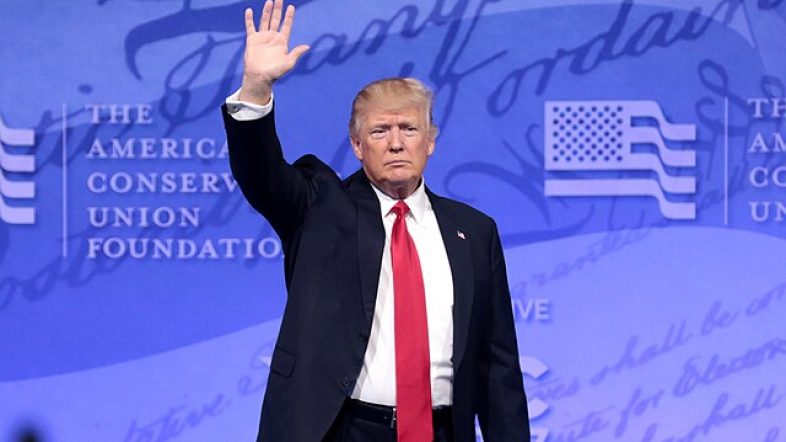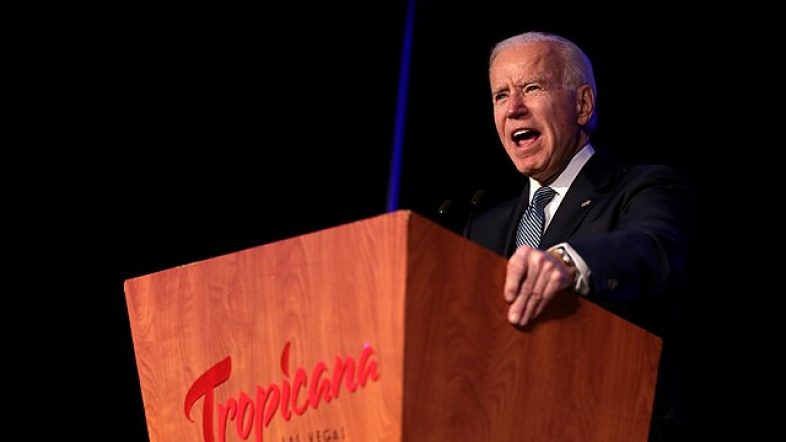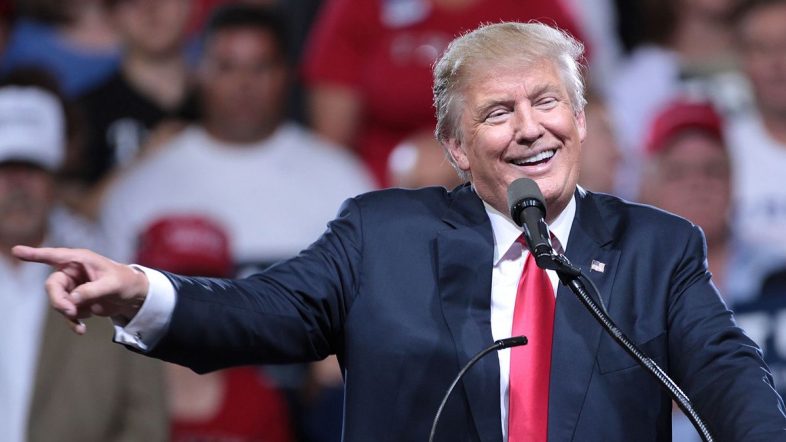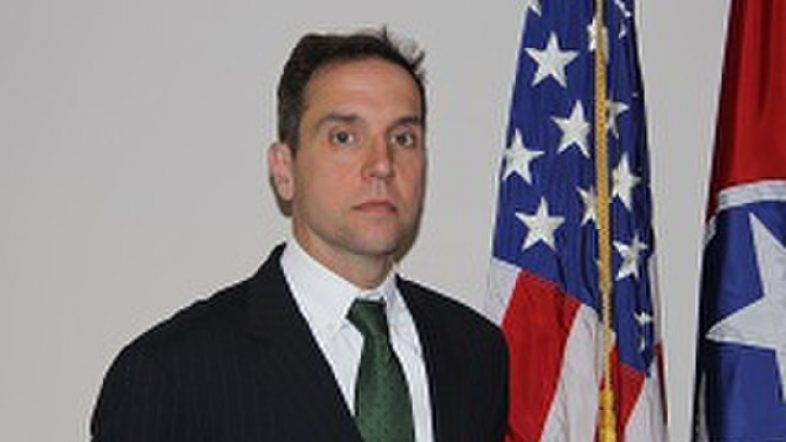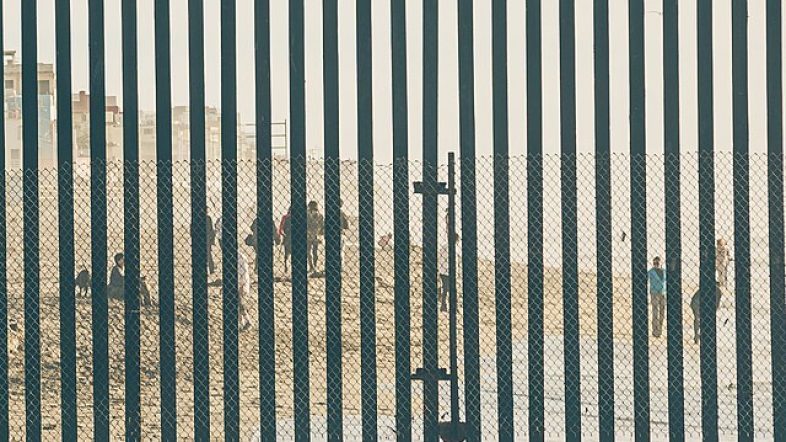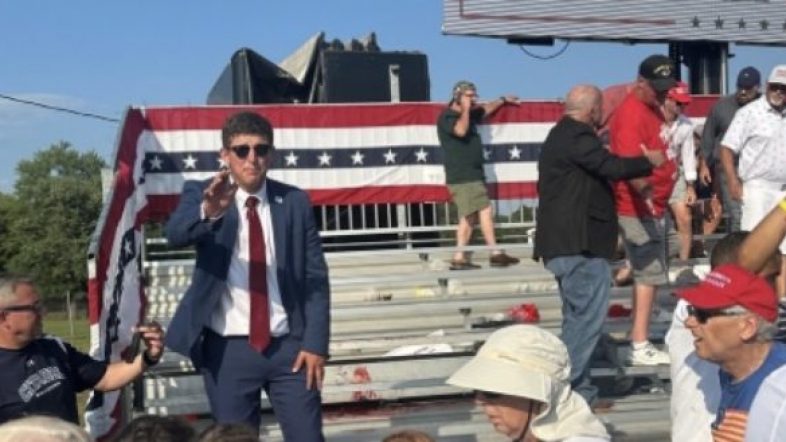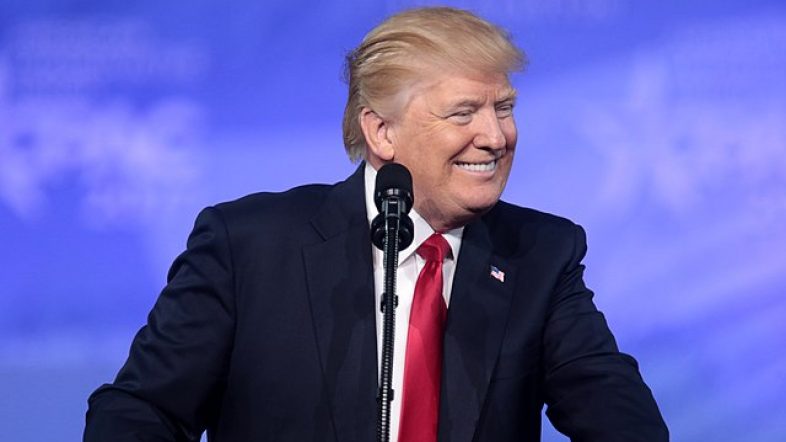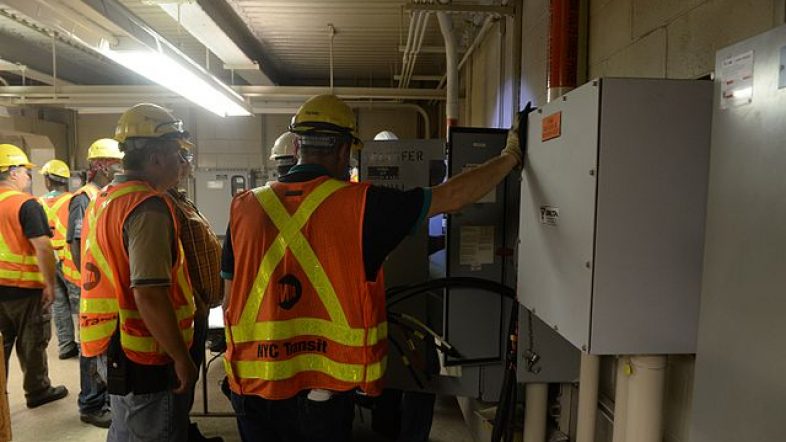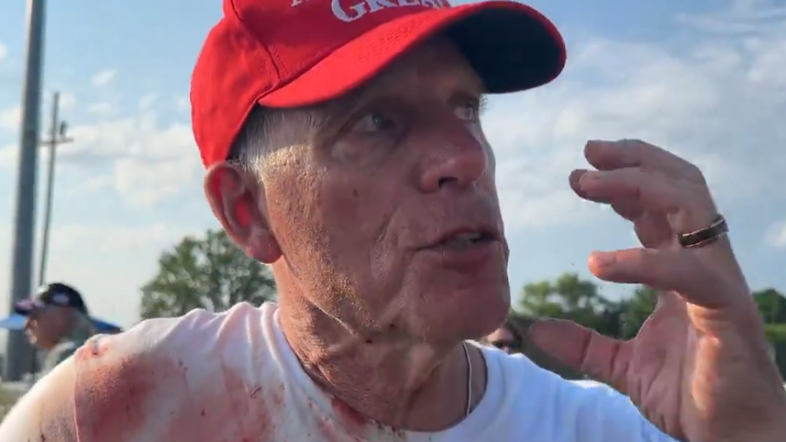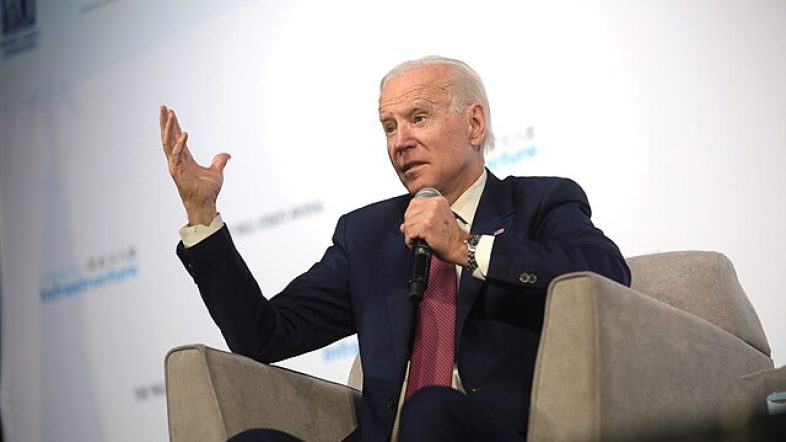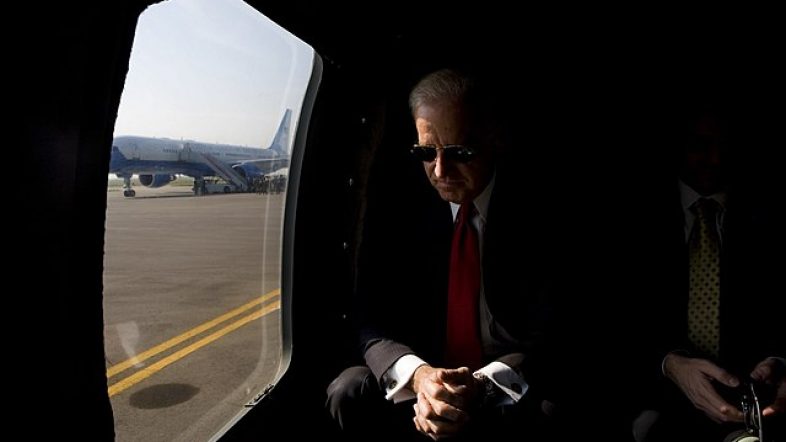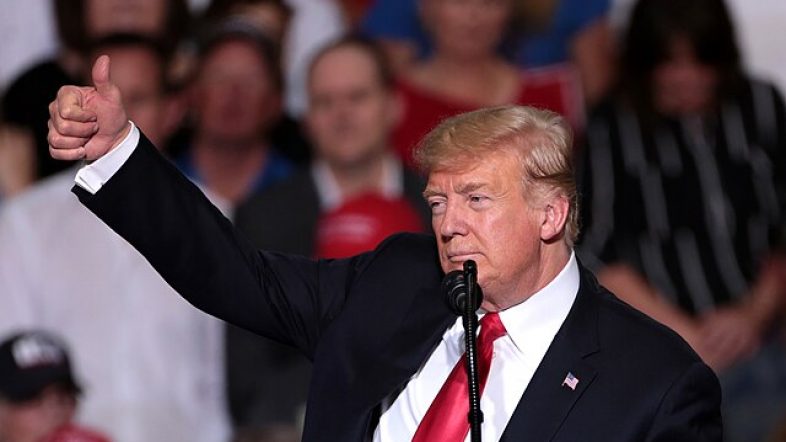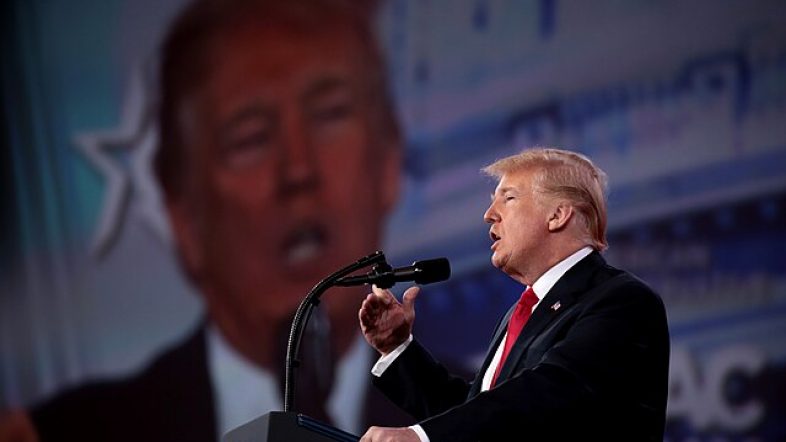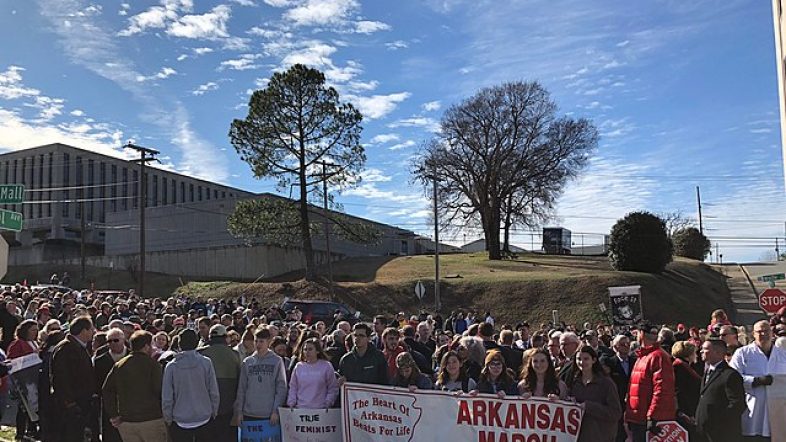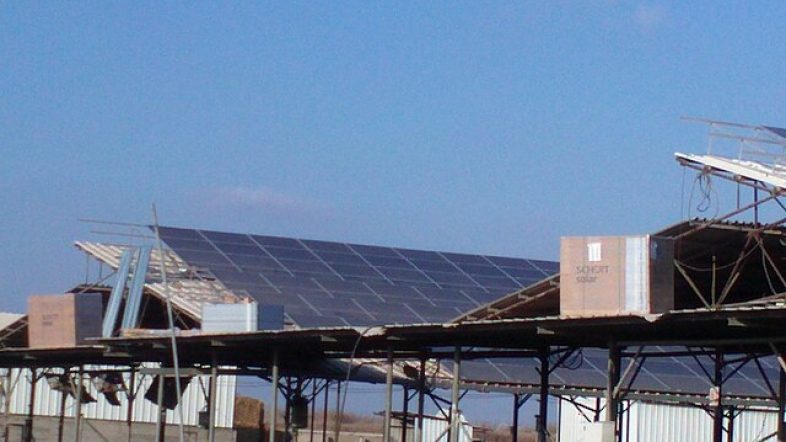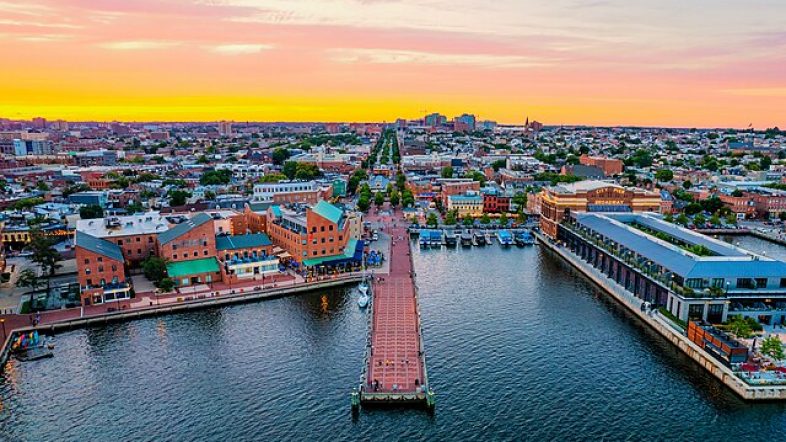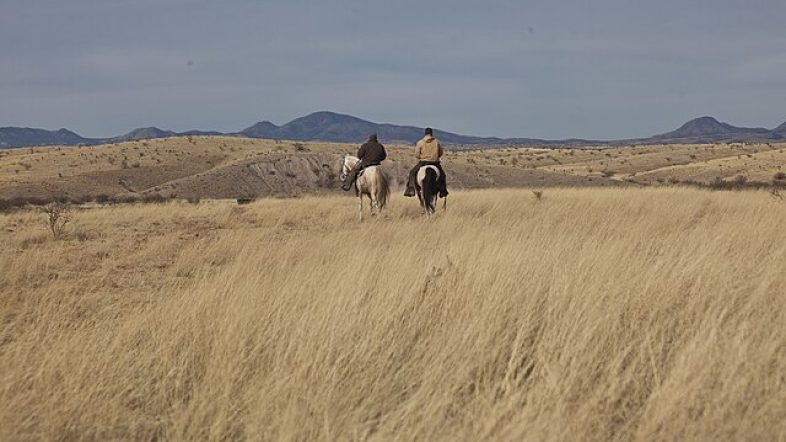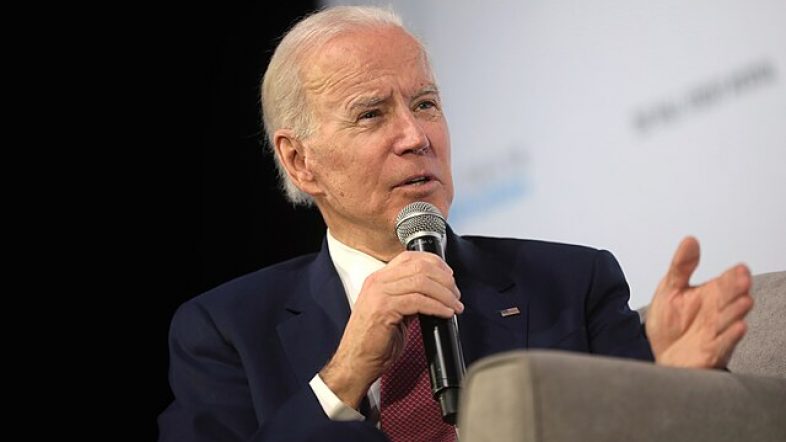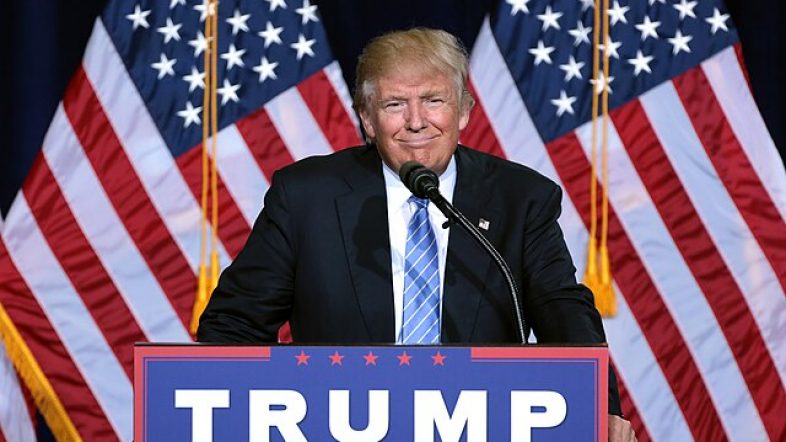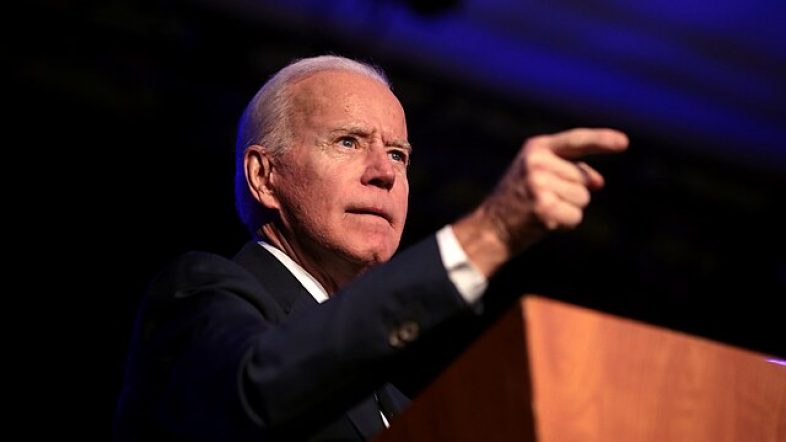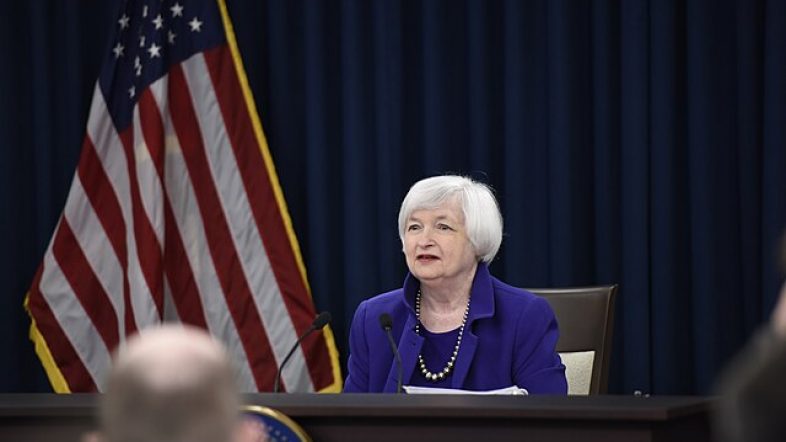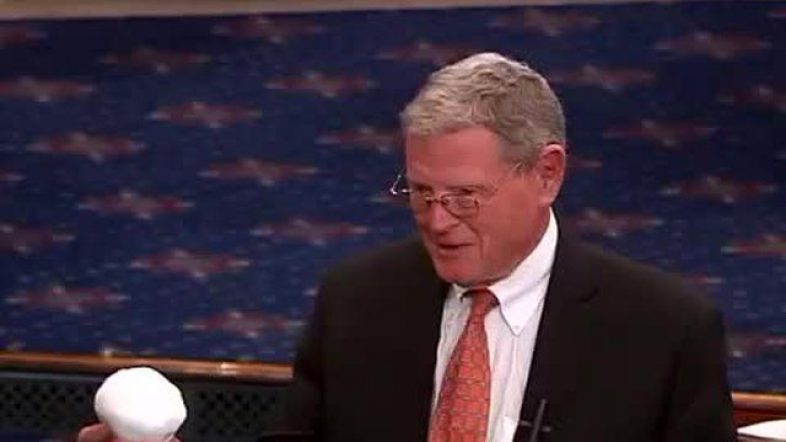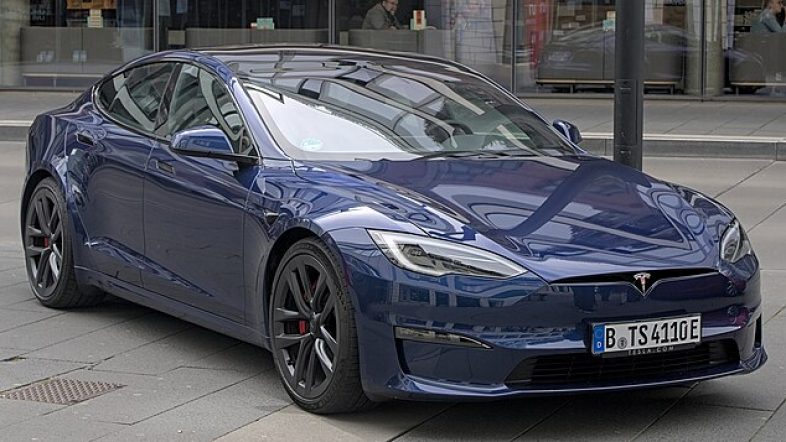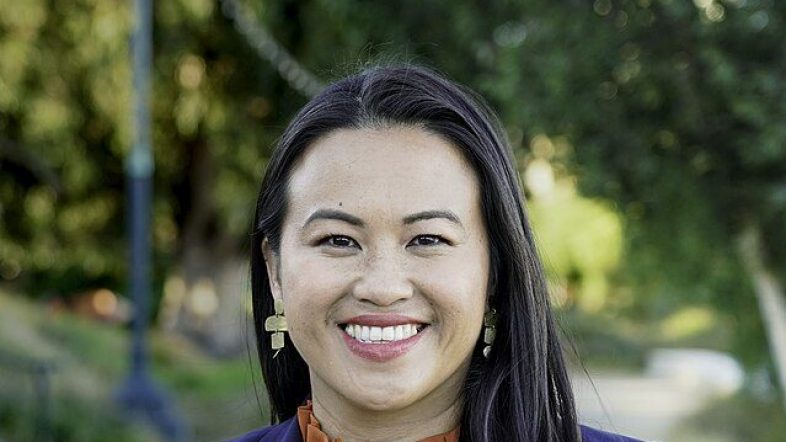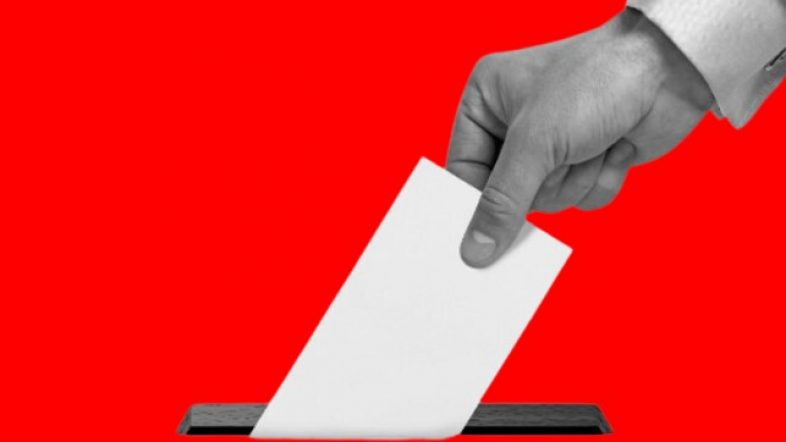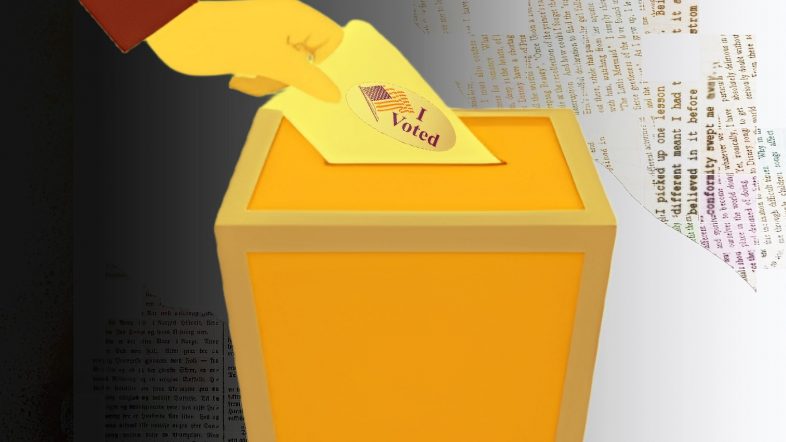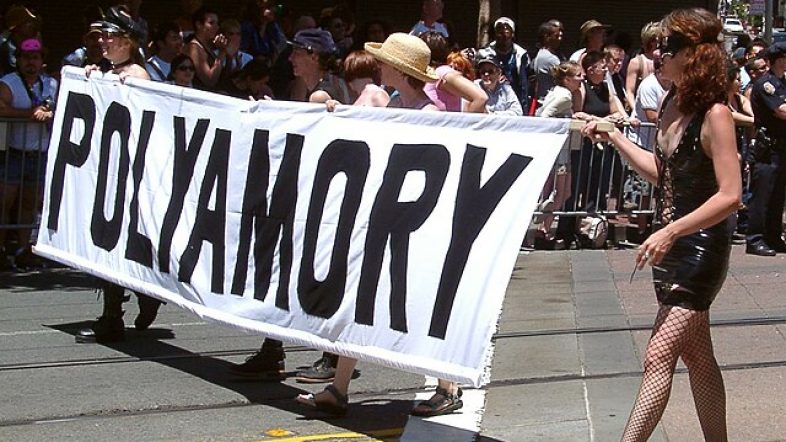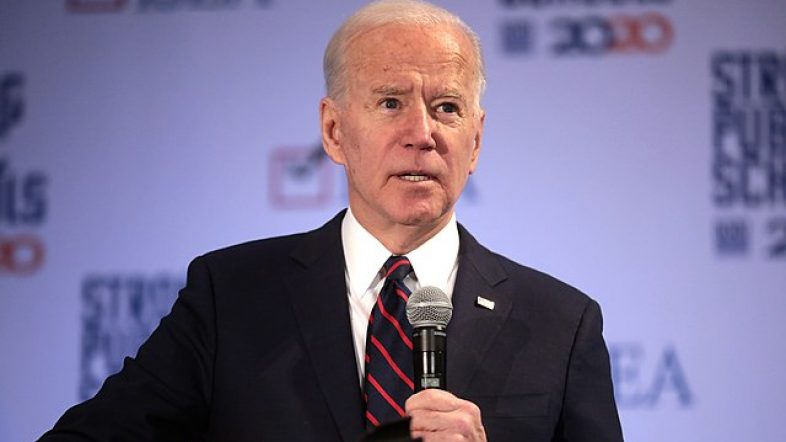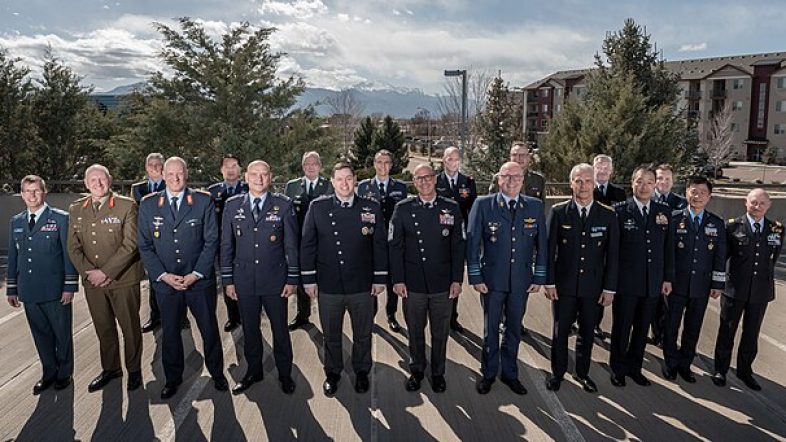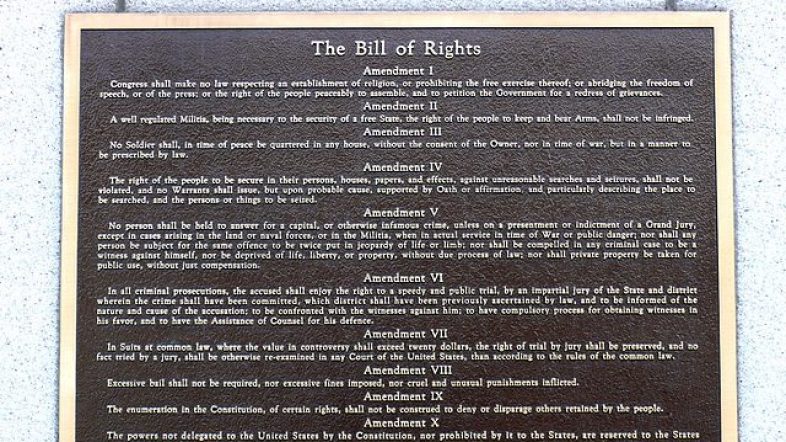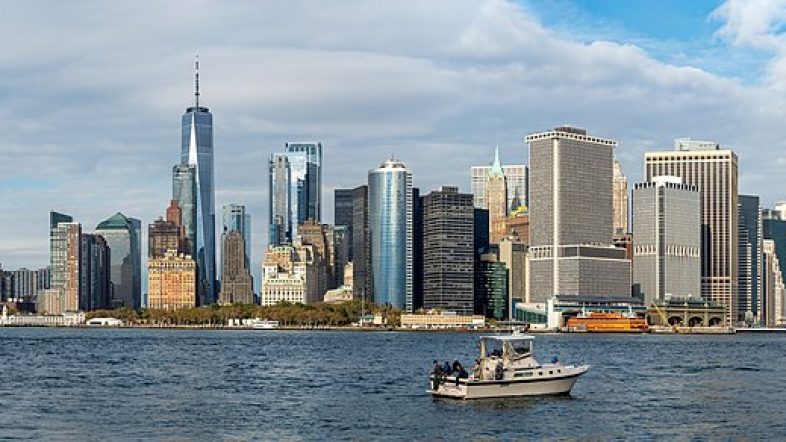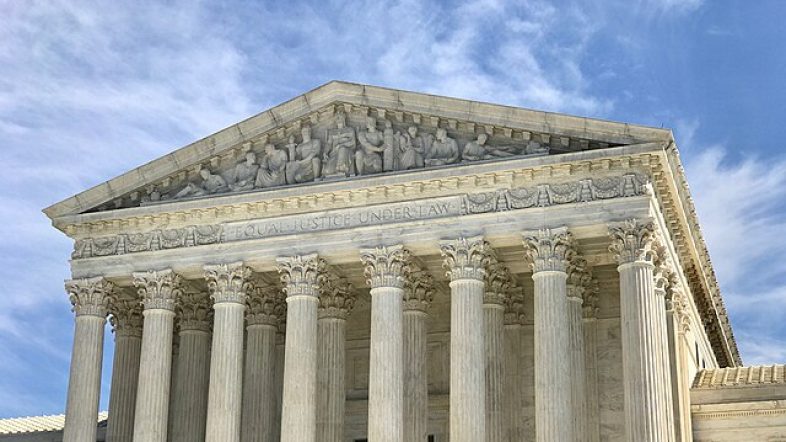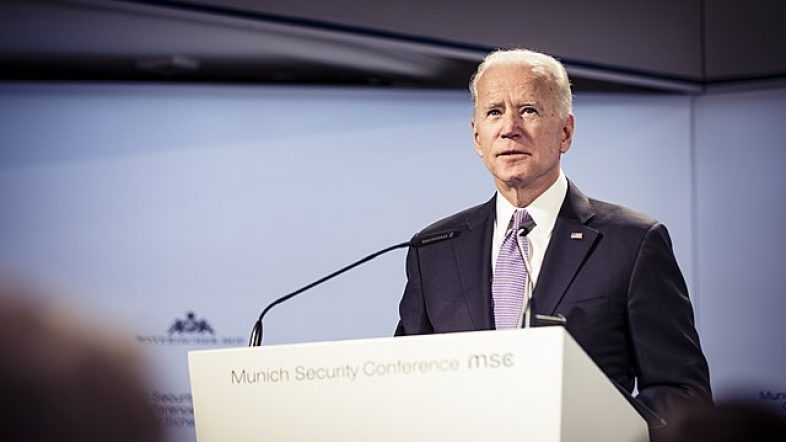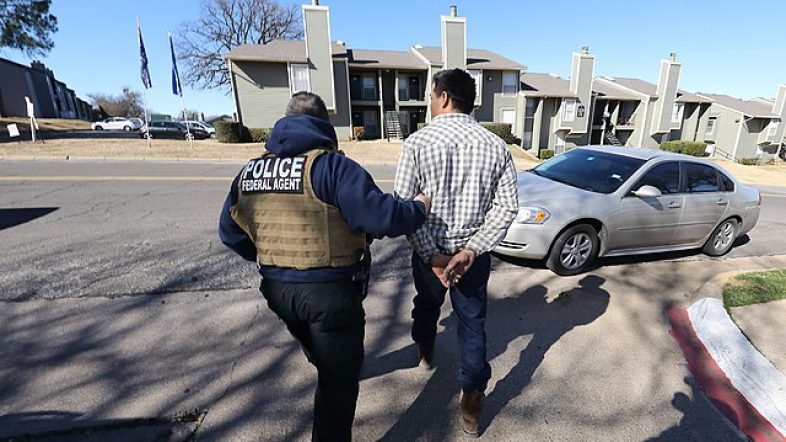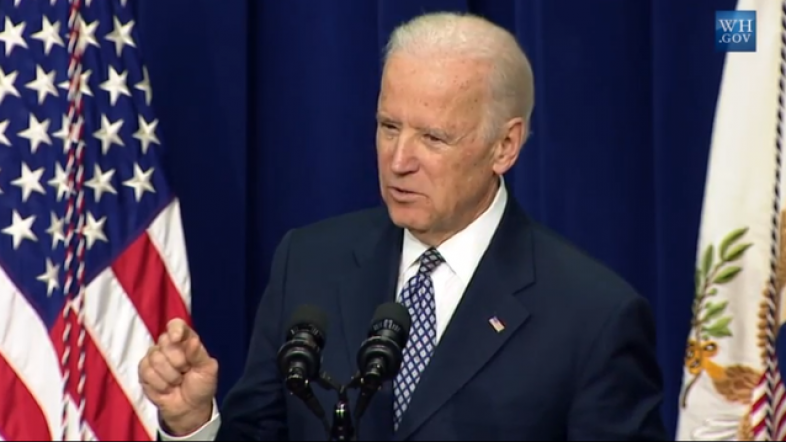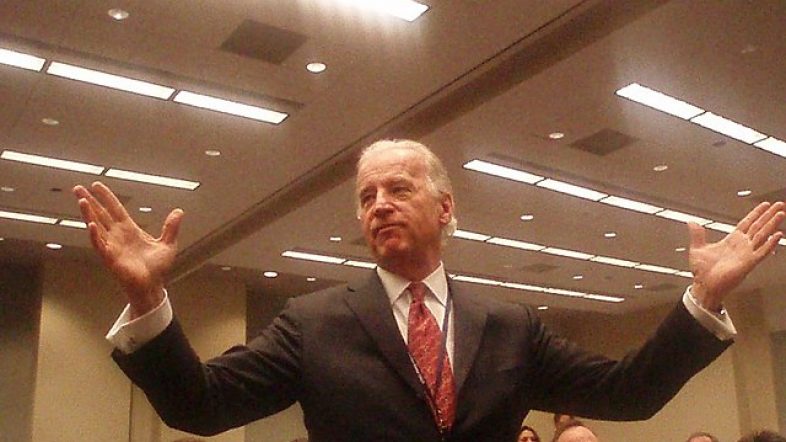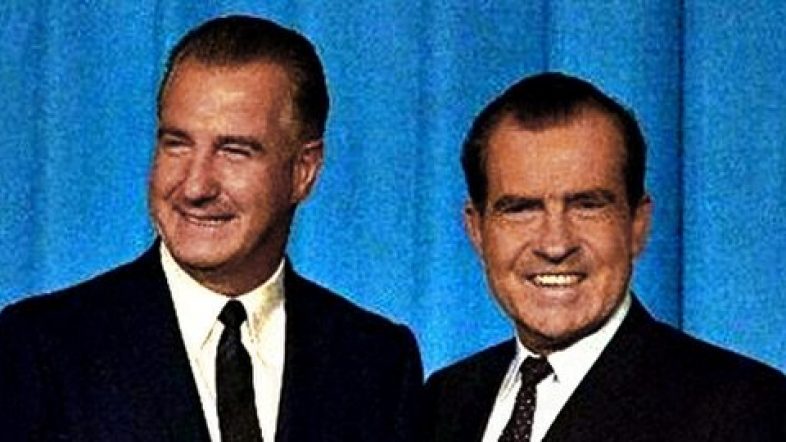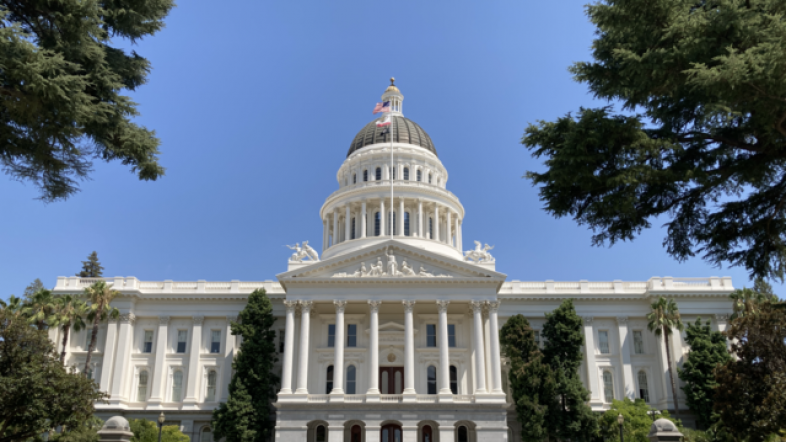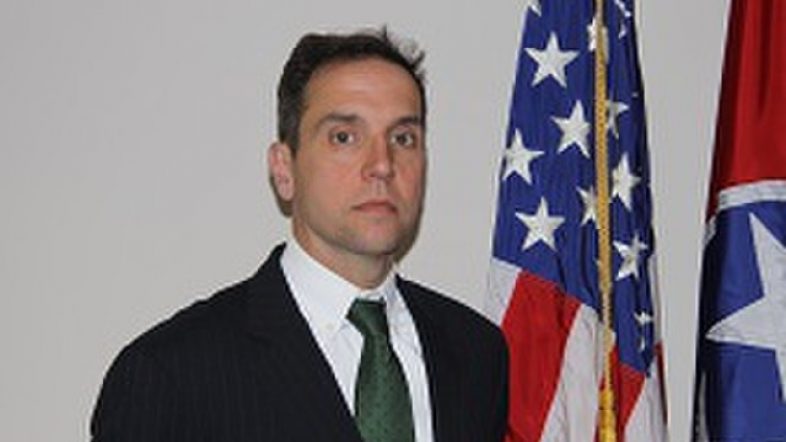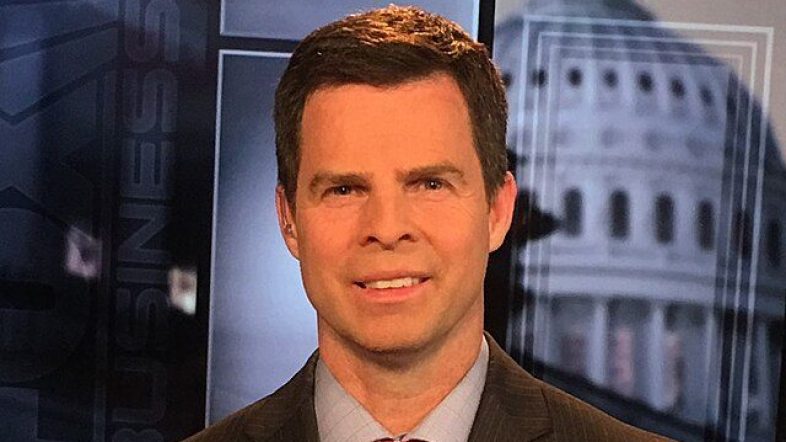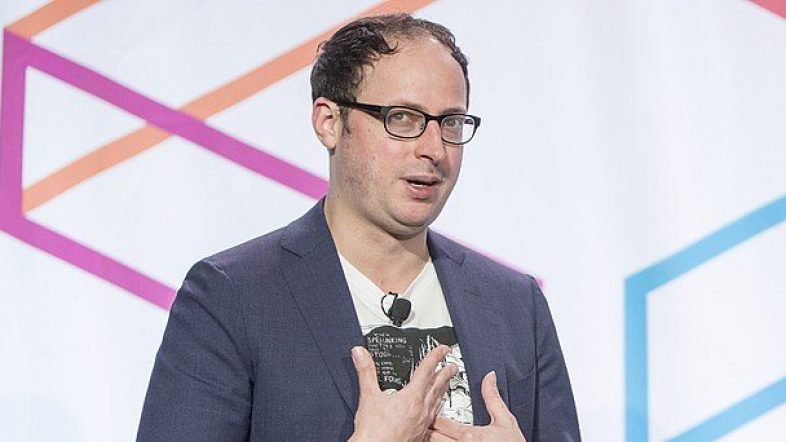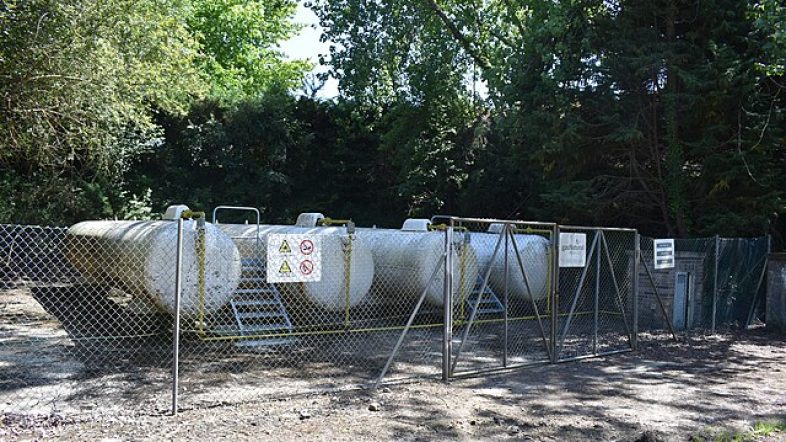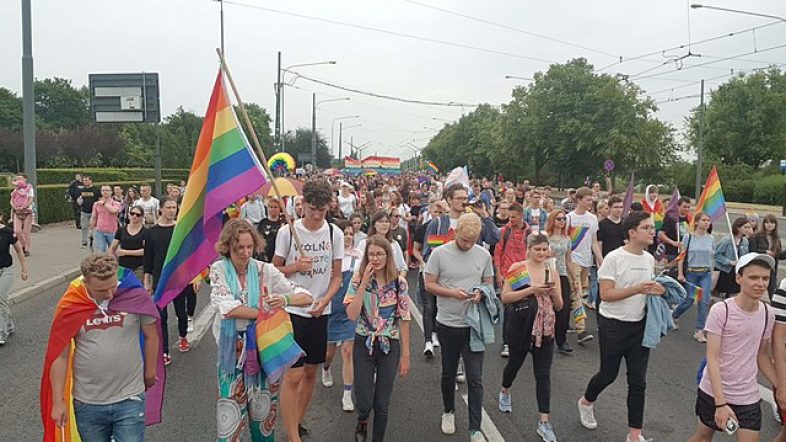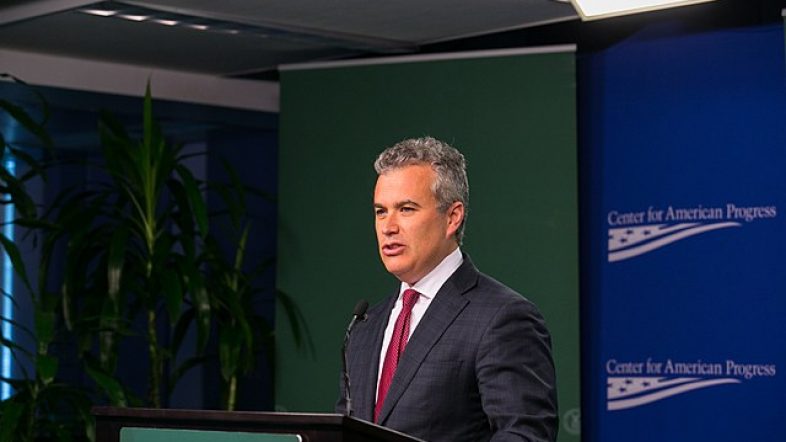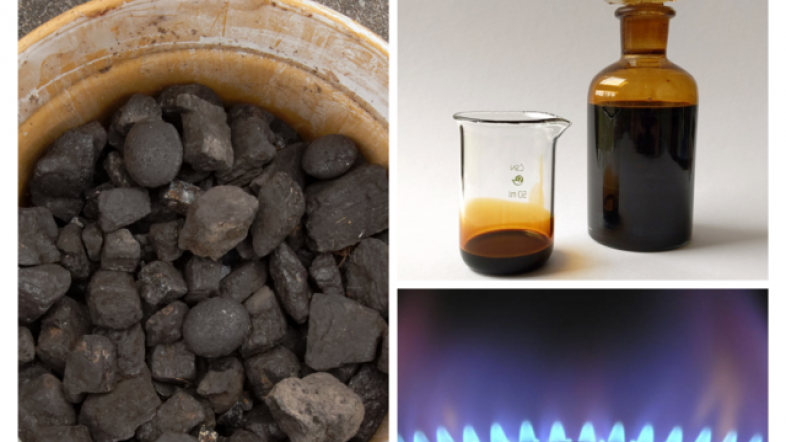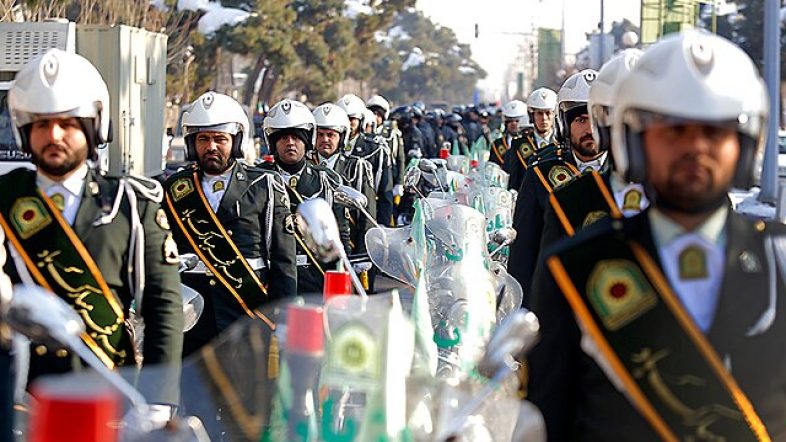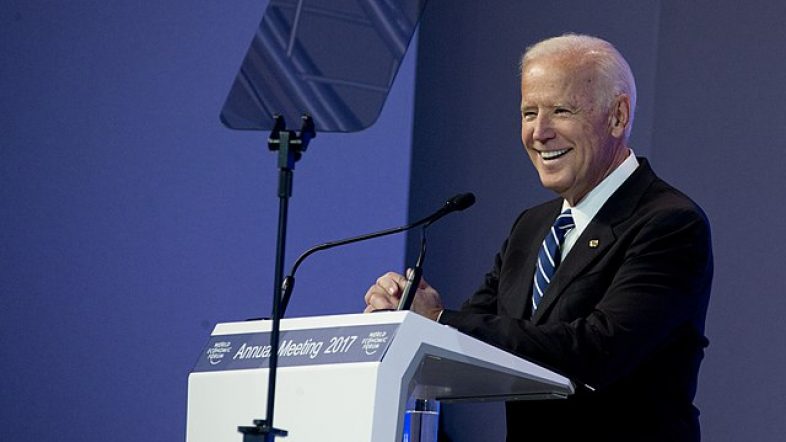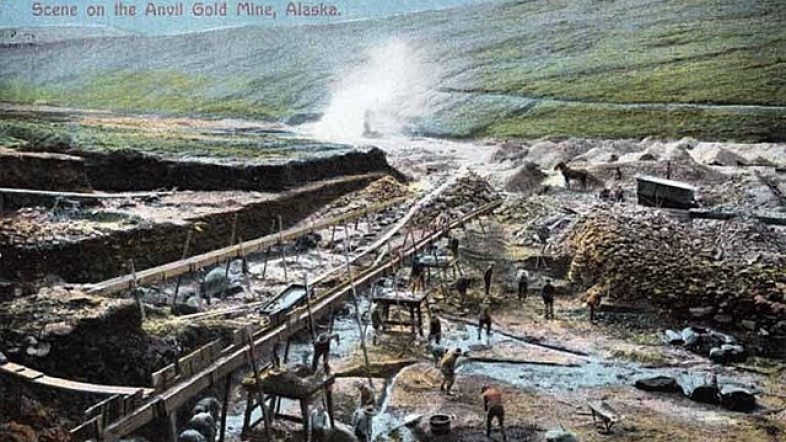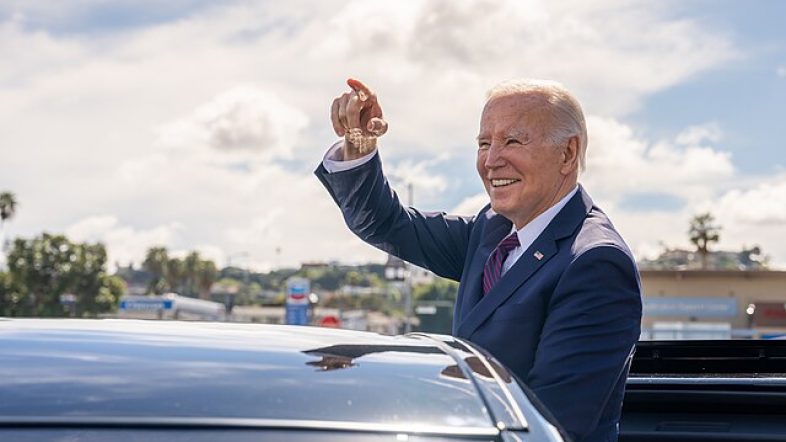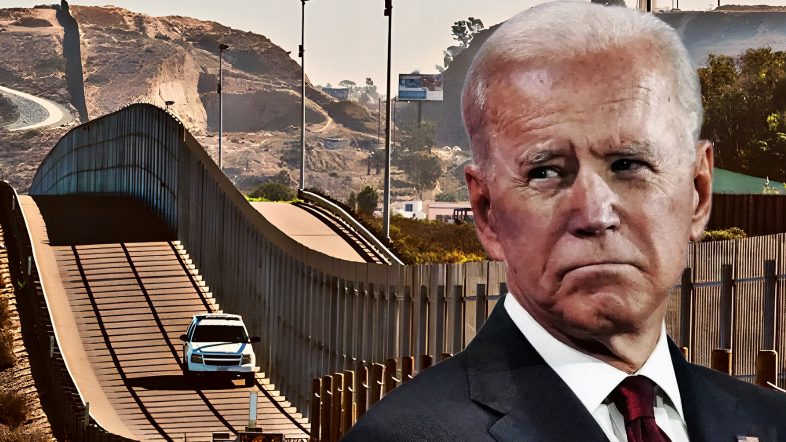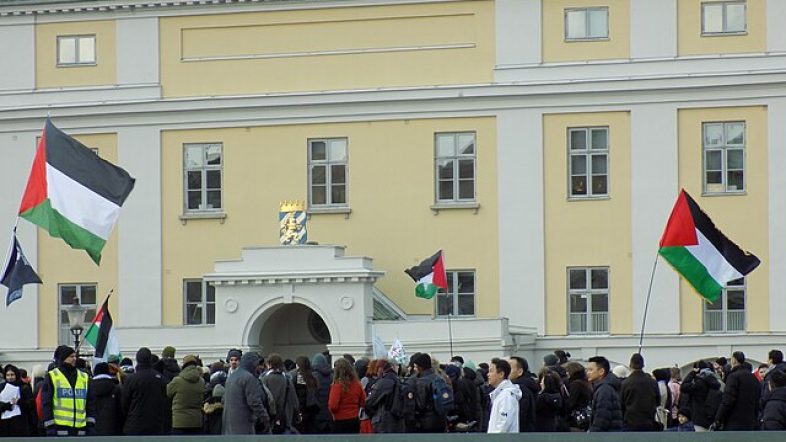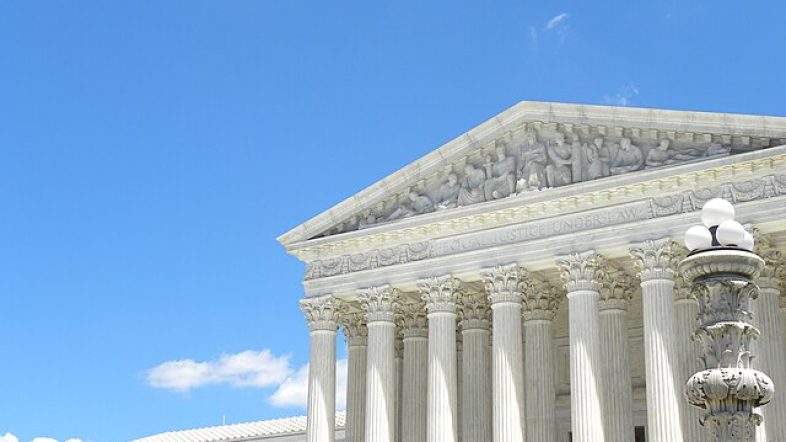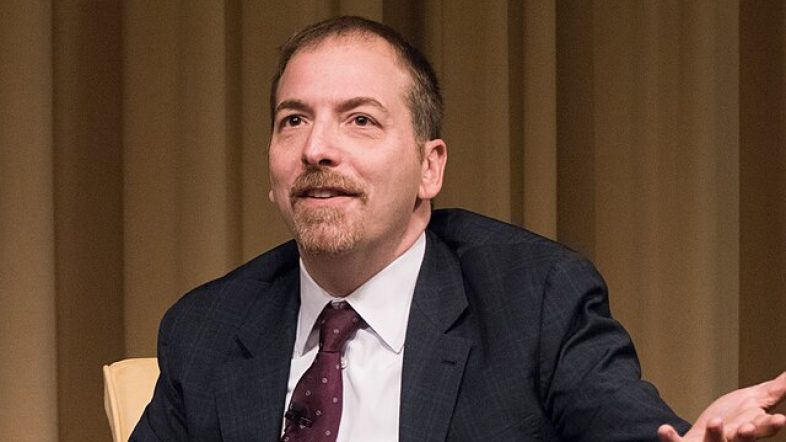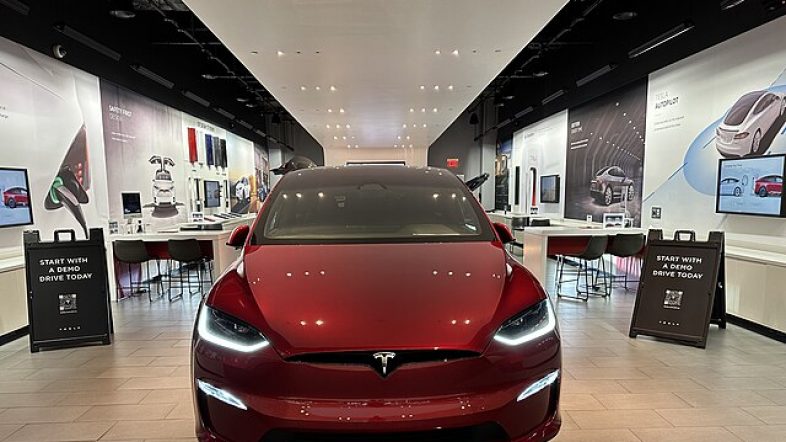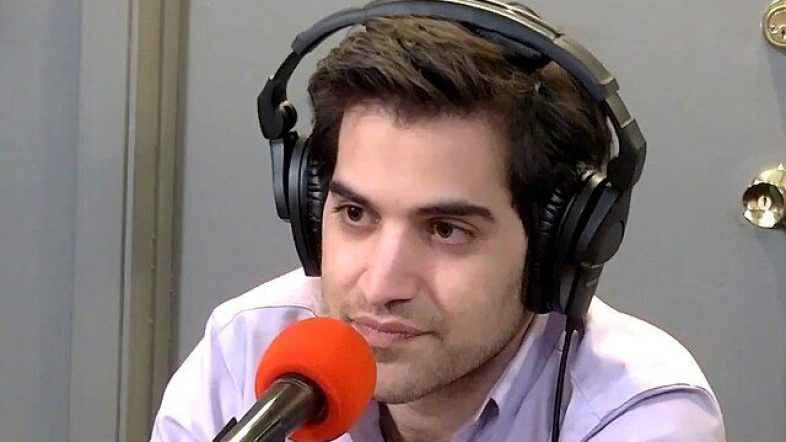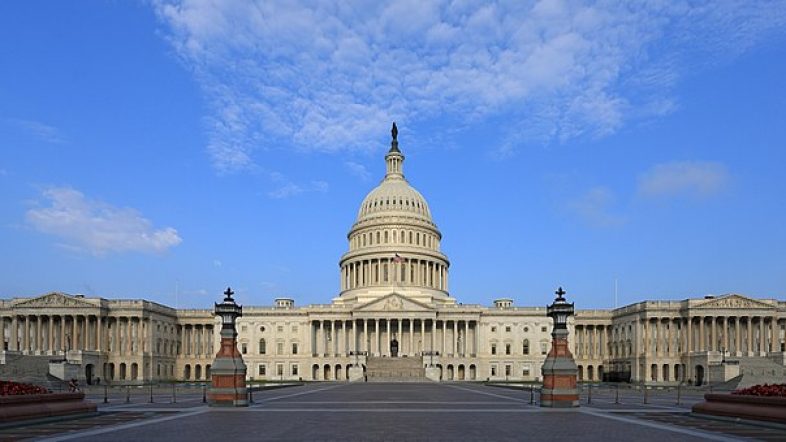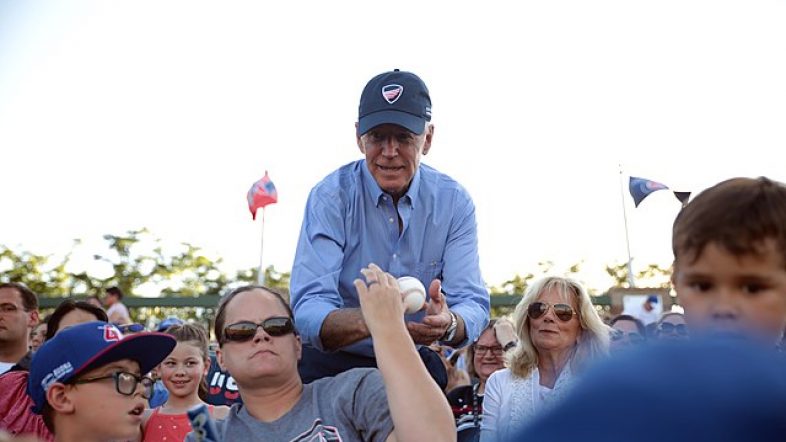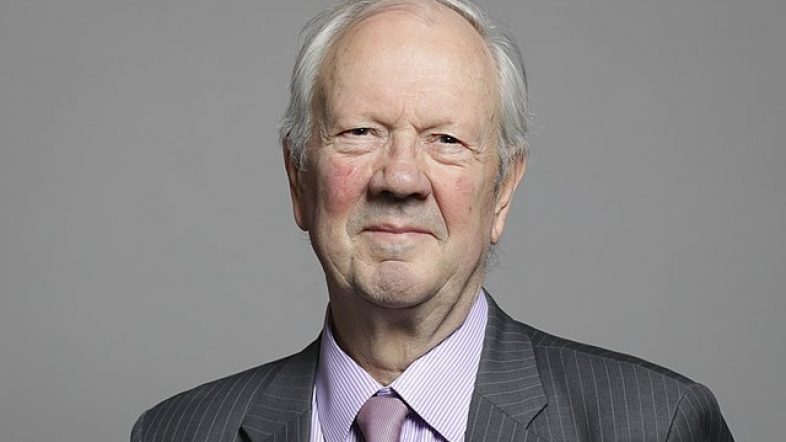In a Supreme Court showdown Monday over whether the homeless have a “right” to camp in public, almost no one mentioned the actual victims of that crazy idea. Homeless advocates, including the American Civil Liberties Union, told the court that living on the streets is a “victimless” crime. Victimless?
Everyone who has to step over needles and human poop and navigate around half-conscious humans while walking to work or taking their kids to school is a victim. Every store owner whose entrance is blocked by makeshift cardboard shelters is a victim. Every family that wants to use a park and finds it cluttered with sprawling tents is a victim.
The homeless are more likely to commit violent crimes than people who aren’t homeless. The public has every reason to be wary.
Municipalities all over the U.S. are watching City of Grants Pass, Oregon v. Johnson, which challenges a 9th Circuit Court of Appeals ruling barring penalties for sleeping with blankets and other paraphernalia on public property. The 9th Circuit — known for its left-wing rulings — says these penalties amount to “cruel and unusual punishment” because the homeless have no choice.
No choice is another whopper. San Francisco authorities report that 60% of homeless individuals living on the street refuse shelter when it’s offered.
Here in New York City, every homeless person is guaranteed shelter. When Mayor Eric Adams sends outreach teams from the Department of Homeless Services to the tent encampments, only about 5% take the offer for shelter. The other 95% choose living rough.
Justice Clarence Thomas got closest to this practical truth when he asked if the Grants Pass ordinance criminalizes lacking a home, or the deliberate decision to sleep rough instead of going to a shelter.
A big surprise is who is siding with Grants Pass — Democratic pols including California Gov. Gavin Newsom, and a long list of big blue cities except — you guessed it — New York City.
Grants Pass lawyers explain that the 9th Circuit has “erected a judicial roadblock” affecting virtually every municipality in the West, preventing them from clearing encampments. The results are “crime, fires, the reemergence of medieval diseases, environmental harm, and record levels of drug overdoses, and deaths on public streets.”
Phoenix city officials, in a friend-of-the-court brief, complain that 9th Circuit judges are acting like “homeless policy czars,” usurping what local governments should decide. Justice Brett Kavanaugh echoed that, warning against having “federal courts micromanaging” homeless policy.
That’s what’s been happening. Anti-camping regulations adopted in San Francisco, Los Angeles, Phoenix and Portland, Oregon, were all barred following the 9th Circuit’s precedent. And that precedent has also been cited by courts in the rest of the U.S. as a reason to tolerate homeless encampments.
Grants Pass is so atypical of the larger cities wrestling with homelessness that the outcome of the case is somewhat difficult to predict. It’s a town of 40,000 with a small, church-run shelter.
But Monday’s argument suggests the justices will rule 6-3 or 5-4 that municipalities can ban sleeping on public property. The ruling will affect the entire nation.
Except perhaps New York City, which is moving away from common sense. The City Council adopted a “Homeless Bill of Rights” in 2023, making Gotham the only big city with an explicit right to sleep in public spaces. Mayor Adams did not veto it.
There would have been no point. The law was adopted unanimously. What are city lawmakers thinking?
Homeless people deserve compassion, but allowing them to freeze to death or succumb to disease isn’t compassionate.
Jumaane Williams, the city’s public advocate, sponsored the “Homeless Bill of Rights,” blathering that the city must look at the root causes of homelessness rather than “stoking fear.”
But fear is warranted. And the public deserve clean, safe streets.
Fair warning: Williams is eyeing Adams’ job as mayor.
The court’s expected ruling will allow local authorities across the U.S. to crack down on homeless encampments. But the justices cannot command that they do it. The law-abiding public — the real victims of homelessness — need to elect local leaders who will say “no” to preferring the rights of the homeless over the rights of the rest of us.
New York City voters, it’s up to you.


